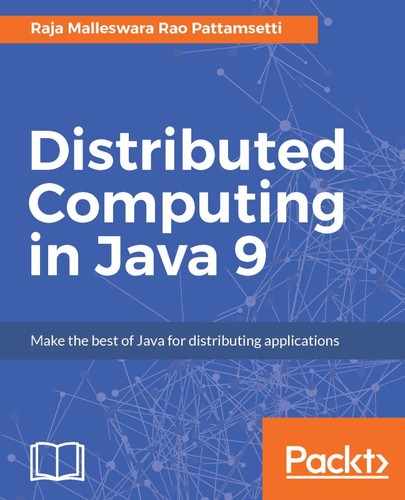Docker CaaS acts as a basis for organizations to connect with diverse systems, languages, and tools within their individual environments and add a level of control, security, or loose coupling as per their operational or business processes. Docker CaaS streamlines the whole deployment process from the development to the production environment through the container service.
The following are the characteristics of Docker CaaS that will allow developers and IT operations to utilize the software and IDE without having to cross-function the workflow:
- A tool for development and operations: The task of CaaS is to quicken the development to production timeline with the unique abilities of the teams utilized consistently throughout the platform to achieve a unified transition between teams.
- Support for all stages of the application life cycle: With the right tools for both developers and operations teams, Docker provides great support, starting from CI to delivery. It also provides Devops, which adds innovation cycles to the process of building, testing, and staging the production.
- Language support: Docker provides the ability to run multiple versions of a language at the same time. This provides great freedom to the developers to build with whatever language, version, and tooling that is required for the features they are building at that time. This helps teams to concentrate on the business feature development rather than worry about the build and deployment.
- Operating system flexibility: While Docker was originally developed to support the Linux operating system, it now provides support for the Windows server as well. This provides you with the freedom to deploy, based on your platform needs.
- Infrastructure support: The Docker technology architecture abstracts the infrastructure away from the application, which allows the containers to run anywhere and be portable across any other infrastructure. This gives organizations a facility to run applications between platforms of their choice, such as a private data center, a hybrid cloud environment, or a distributed cloud, with the ability to take a backup and leverage.
- Flexible to enhance the architecture: Docker is flexible in regard to adding open APIs, pluggable architectures, and ecosystems to CaaS. This helps organizations customize their platforms based on their legacy and new application needs. This makes it easy to fit Docker into your environment and processes.
